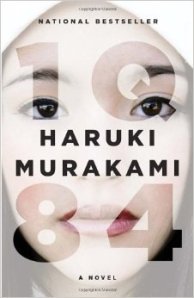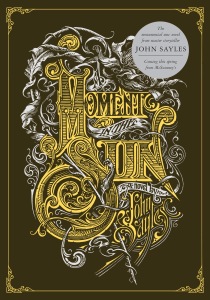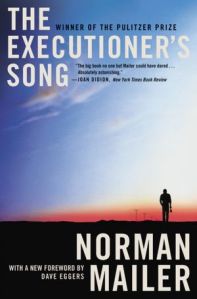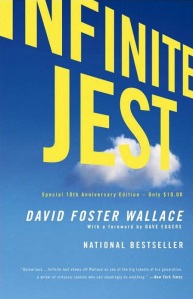Atlas Shrugged; So Did I
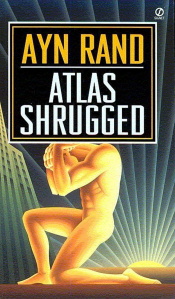 Before getting into my thoughts on Atlas Shrugged, let me state for the record that I do not easily give up on novels, no matter how much I may dislike or disagree with them — which is not the point of fiction, anyway (that is, being ‘liked’ or ‘agreed with’). I generally hold as a principle of fiction that a novel must be fully read in order to be fully understood or appreciated, fully dismissed or criticized, even fully enjoyed or loved. Every writer has until the word on the final page to convince you that what they are doing is worthwhile, that it all means something, all works together toward some end — some truth or beauty, some connection or conviction, some catharsis or calamity — that is worth arriving at, that has some depth or significance. Fiction has the power to enrage you for a thousand pages and then enrapture you in one.
Before getting into my thoughts on Atlas Shrugged, let me state for the record that I do not easily give up on novels, no matter how much I may dislike or disagree with them — which is not the point of fiction, anyway (that is, being ‘liked’ or ‘agreed with’). I generally hold as a principle of fiction that a novel must be fully read in order to be fully understood or appreciated, fully dismissed or criticized, even fully enjoyed or loved. Every writer has until the word on the final page to convince you that what they are doing is worthwhile, that it all means something, all works together toward some end — some truth or beauty, some connection or conviction, some catharsis or calamity — that is worth arriving at, that has some depth or significance. Fiction has the power to enrage you for a thousand pages and then enrapture you in one.
All that being said, it is with great exhaustion and deep regret that I must report that I’ve abandoned my first book of the year. None of the books so far have been easy; each has challenged me in their own way, but Ayn Rand’s Atlas Shrugged is the first novel in the course of my project that I’ve found myself literally unable to finish. I gave up almost halfway through. (To any of Miss Rand’s notoriously rabid diehard fans who almost certainly view me as a lesser human simply for being unable to get through her novel: you may not want to read the rest of this post.) Read more…
